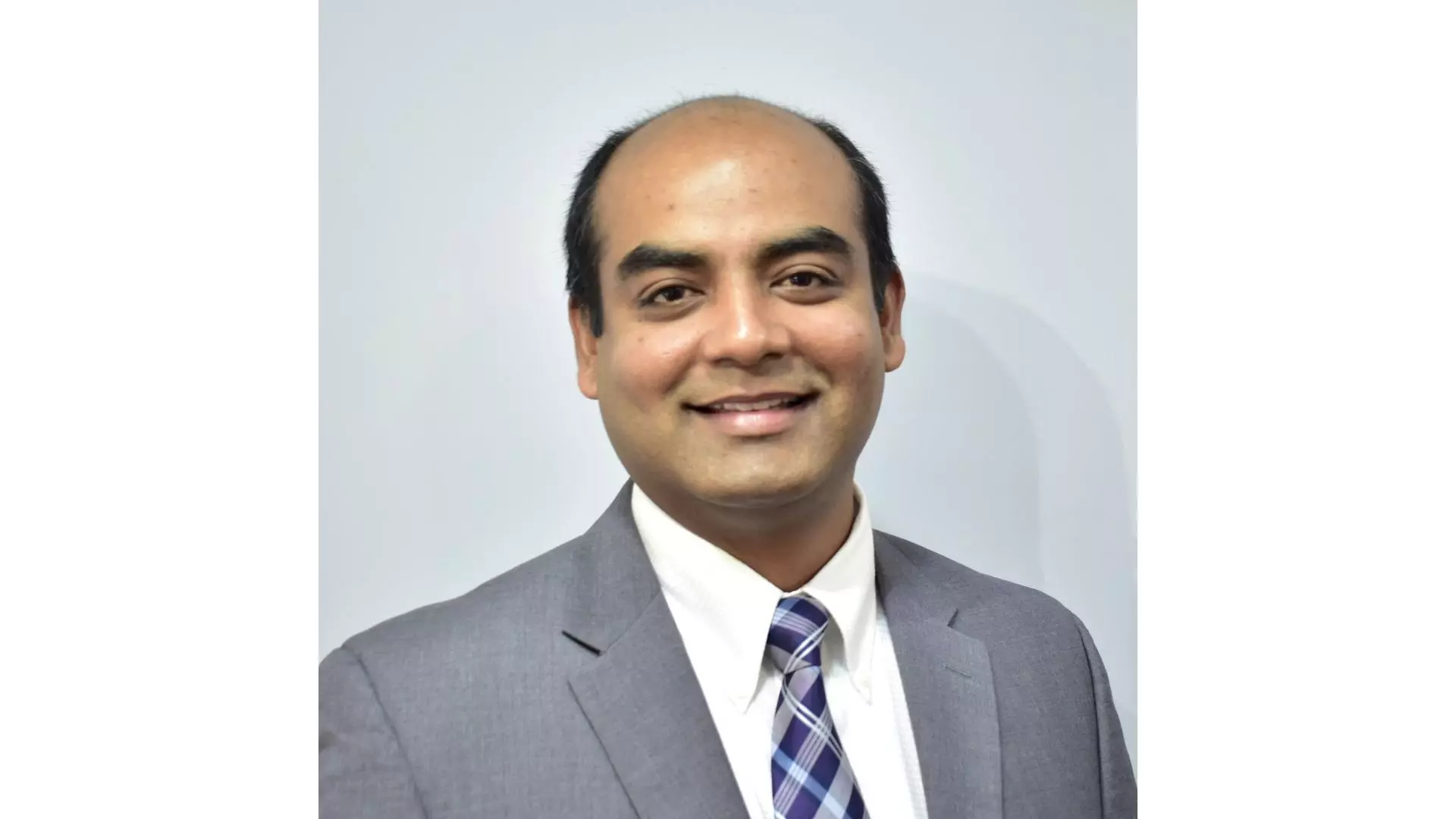Heaps.ai helping hospitals shore up revenues, offer quality care via use of AI

Dr Suman Katragadda, CEO of Heaps.ai
Heaps.ai, a Hyderabad-based AI-driven health technology platform, uses data analytics and artificial intelligence to ease the pain points in patient care management systems for insurers, hospitals, and corporations. It raised a Series A fund of $7.4 million in January 2022. Heaps.ai. chief executive officer Dr.Suman Katragadda in an interaction with B.Krishna Mohan explains how AI will come handy in healthcare administration.
Here are the excerpts:
Key problem Heaps.ai is trying to solve?
The key problem that we are trying to address is in the space of patient care coordination and care management perspective. We are trying to help hospitals achieve both growth and quality care by plugging the revenue leakages. Care management and care coordination is something that will play a big role for the hospitals to achieve these two.
How do you do this?
There are a number of scenarios where hospitals will have revenue leakages. For instance, if 100 patients who come to a hospital with chronic conditions, by the nature of the condition, they are supposed to be seen by their physician at least once in a year. Unfortunately, if we go into the data, we will see not more than 30 to 35 per cent actually come back. More than 50 per cent of the patients forget that they're supposed to actually visit the doctor. But the important thing to realise here is 50% of the patients, just saying that they forgot or moved to the competition is a big problem for the hospitals to solve.
For example, a diabetic patient is supposed to see an endocrinologist at least once in a quarter, six months or a year. They also need to see a cardiologist, nephrologist and other cross speciality consultants. Unfortunately, not more than 20 to 25% of patients are doing these checkups. About 72% of the patients will never have the cross specialty consultations. This is attributable to non-adherence of care guidelines. If these are addressed, then hospitals get more patients, cross-specialty referrals. Since more patients are coming in, more deviations could be identified and more hospitalisations are likely to happen. Hospitals can plug the revenue leakages this way.
Revenue model?
We charge per patient to the hospital or the insurance company. Hospitals might actually agree to pay a fixed amount because we license the platform and they use the platform. So, we work on a licensing model. We also work on a fixed fee plus a percentage of the savings or percentage of the impact that we created. Our core system is based on chronic care management, post-hospitalisation management, and palliative care management journey.
What would your role be if we talk of electronic medical records?
We integrate with electronic health records. You cannot talk to a patient and ask what your doctor says and what medicines were prescribed to you. So, you need some source of information to understand what the diagnosis is, what the severity of the patient's disease, expiration date, so that you can time the conversation or figure out the content on the platform. This info will help the care coach to reach out the patients with the right information.
How will this AI system actually impact the healthcare sector?
Imagine you have 1,00,000 people to manage. Care coordination is more about human to patient interaction. You have to touch base with every one of that 1,00,000 lives. Now, certain interactions have to be human-oriented, just because the nature of the condition requires moral and information support, in which a human can explain well. This could be 20 to 25% of the total. But then, even if a person has to talk to these 25,000 people, it is nearly impossible for one person to do it. You need probably around 300-500 care coaches to handle this volume. Also, no one can do the math to figure out which patients need to be attended on a priority. This is where AI comes into play. From the 25,000 population, it can filter out 100 or 200 people who are likely to have certain complications. The care coaches call these people and ask these specific questions. The answers to these questions will reveal if they are deviating from the expected care journey. If they deviate, it implies they need medical attention, bringing them back to the hospitals or the physicians.
Here are the excerpts:
Key problem Heaps.ai is trying to solve?
The key problem that we are trying to address is in the space of patient care coordination and care management perspective. We are trying to help hospitals achieve both growth and quality care by plugging the revenue leakages. Care management and care coordination is something that will play a big role for the hospitals to achieve these two.
How do you do this?
There are a number of scenarios where hospitals will have revenue leakages. For instance, if 100 patients who come to a hospital with chronic conditions, by the nature of the condition, they are supposed to be seen by their physician at least once in a year. Unfortunately, if we go into the data, we will see not more than 30 to 35 per cent actually come back. More than 50 per cent of the patients forget that they're supposed to actually visit the doctor. But the important thing to realise here is 50% of the patients, just saying that they forgot or moved to the competition is a big problem for the hospitals to solve.
For example, a diabetic patient is supposed to see an endocrinologist at least once in a quarter, six months or a year. They also need to see a cardiologist, nephrologist and other cross speciality consultants. Unfortunately, not more than 20 to 25% of patients are doing these checkups. About 72% of the patients will never have the cross specialty consultations. This is attributable to non-adherence of care guidelines. If these are addressed, then hospitals get more patients, cross-specialty referrals. Since more patients are coming in, more deviations could be identified and more hospitalisations are likely to happen. Hospitals can plug the revenue leakages this way.
Revenue model?
We charge per patient to the hospital or the insurance company. Hospitals might actually agree to pay a fixed amount because we license the platform and they use the platform. So, we work on a licensing model. We also work on a fixed fee plus a percentage of the savings or percentage of the impact that we created. Our core system is based on chronic care management, post-hospitalisation management, and palliative care management journey.
What would your role be if we talk of electronic medical records?
We integrate with electronic health records. You cannot talk to a patient and ask what your doctor says and what medicines were prescribed to you. So, you need some source of information to understand what the diagnosis is, what the severity of the patient's disease, expiration date, so that you can time the conversation or figure out the content on the platform. This info will help the care coach to reach out the patients with the right information.
How will this AI system actually impact the healthcare sector?
Imagine you have 1,00,000 people to manage. Care coordination is more about human to patient interaction. You have to touch base with every one of that 1,00,000 lives. Now, certain interactions have to be human-oriented, just because the nature of the condition requires moral and information support, in which a human can explain well. This could be 20 to 25% of the total. But then, even if a person has to talk to these 25,000 people, it is nearly impossible for one person to do it. You need probably around 300-500 care coaches to handle this volume. Also, no one can do the math to figure out which patients need to be attended on a priority. This is where AI comes into play. From the 25,000 population, it can filter out 100 or 200 people who are likely to have certain complications. The care coaches call these people and ask these specific questions. The answers to these questions will reveal if they are deviating from the expected care journey. If they deviate, it implies they need medical attention, bringing them back to the hospitals or the physicians.
( Source : Deccan Chronicle )
Next Story

